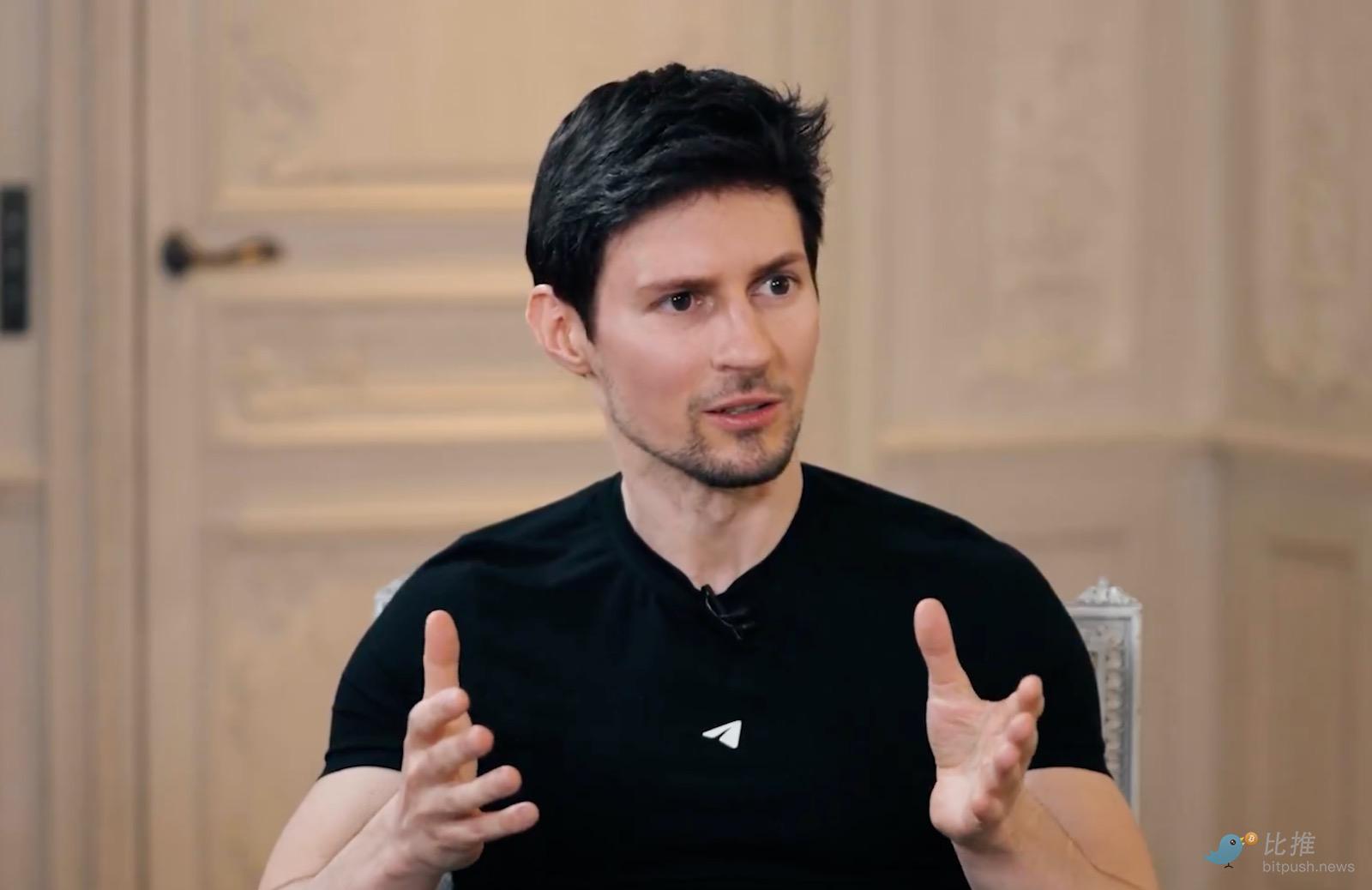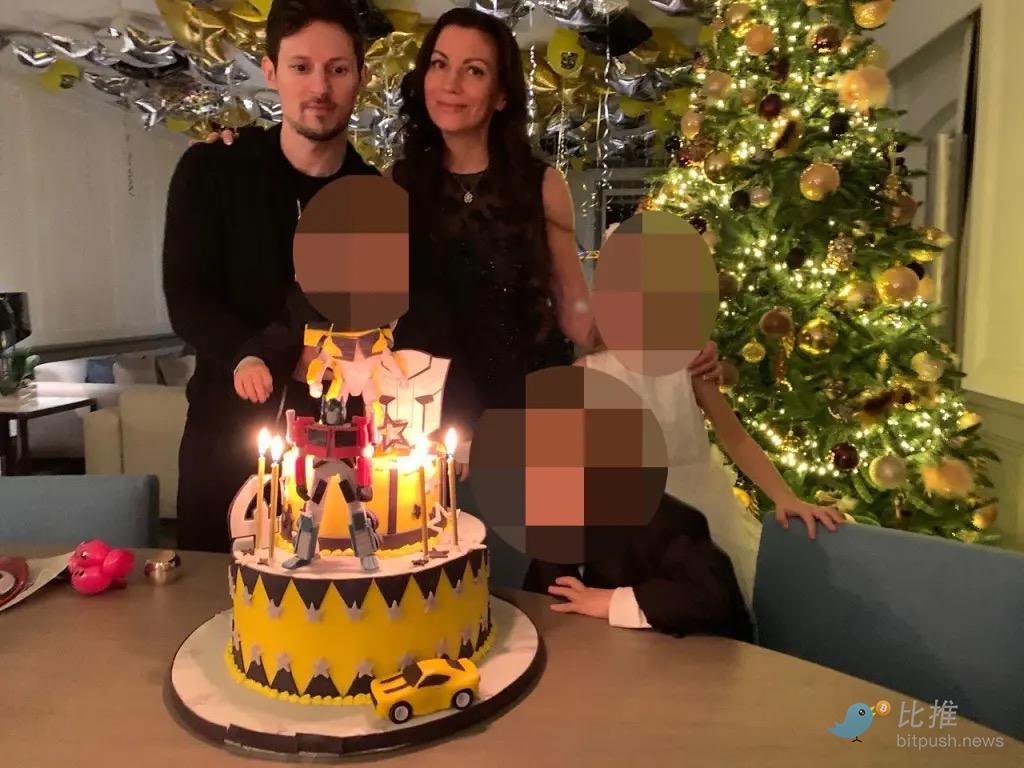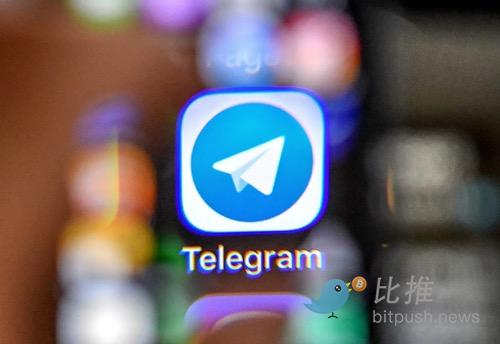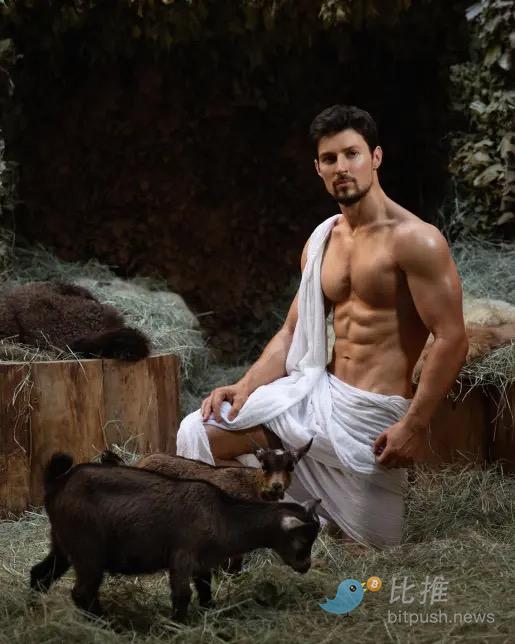这些孩子分布在 12 个国家,长大后每人都能获得一份巨额遗产。
撰文:BitpushNews

这两天,加密圈和科技圈都被一则消息刷屏:Telegram(中文:电报)创始人Pavel Durov宣布,他准备把自己的 170 亿美元财产,分配给一批特殊的后代——除了他亲生的 6 个孩子之外,还有通过匿名精子捐赠出生的 100 个「非传统」子女。
这些孩子分布在 12 个国家,长大后每人都能获得一份巨额遗产。但他也设了一道门槛:所有孩子都要等 30 岁之后才能动用这笔钱。在他看来,这是在鼓励他们「先靠自己活出一番样子」。

这个消息最早来自《纽约邮报》,但很快传遍了全网。这位被誉为「俄罗斯扎克伯格」的亿万富翁再次引发争议,也让其在加密世界的影响力再次进入公众视野。
从程序员到加密隐士
Durov 被称为「不属于任何国家的企业家」,过着彻底「数字游牧」的生活。他曾因拒绝政府监控要求而被俄罗斯封禁 Telegram,也因法国政府指控其平台上出现非法内容而被短暂拘留。但这些都未动摇他对「去中心化」和「自由通信」的坚定理念。
出生于 1984 年的Durov 曾是 VKontakte(VK)的创始人,被称为「俄罗斯的扎克伯格」。2014 年,他因拒绝交出用户数据,被俄罗斯政府施压,最终被迫出售股份并离开俄罗斯。
离开 VK 后,他转战国际,创立了 Telegram,一个强调隐私与安全的通信工具。

据 TechCrunch 报道,2024 年,Telegram 的营收突破 10 亿美元,标志着该公司首次实现年度盈利,这是一个重要的里程碑。TechCrunch 报道称,这一财务成功得益于高级订阅和广告收入的推出。Telegram 在年底的现金储备超过 5 亿美元(不包括其加密资产)。
Durov 还于2018 年启动了TON(The Open Network)区块链项目,筹资 17 亿美元,是当时最大规模之一。据悉,硅谷知名风投——红杉资本、Benchmark、Ribbit、Draper 和 VY Capital 向 TON 注资了超过 4 亿美元。
虽然随后被美国 SEC 报以无注册募资指控,并支付约 18.5 亿美元罚款、退还投资,TON 项目却未因此停止,而是由社区接管延续发展。后来 Telegram 官方也支持 Toncoin,深度集成在 App 中,日交易量超过百万,TVL 突破 4 亿美元。
Durov 曾说:「我对 TON 的愿景仍然存在,只是现在由社区来完成。」虽然他自己已经「退出」TON 项目,但大家都明白,这条链之所以还受人关注,是因为它和 Telegram 绑定太深了,而 Telegram 是 Durov 的。
极简的亿万富翁,多子的数字父亲
Pavel Durov 的生活方式与其事业一样激进。
他不喝酒、不吃肉、不穿彩色衣服,常年素食、全黑着装,每天锻炼身体、远离社交活动。
他只用 iPad 工作,Telegram 是他少数公开使用的工具之一,Pavel Durov 曾在节日期间发布「赤裸拥抱山羊」的照片,表示「要与自然连接」:

在家庭和婚姻问题上,他同样不走寻常路。他反对传统家庭结构,认为那是对个人自由的束缚。他目前有 6 个亲生子女,与三位伴侣育有;同时,通过匿名捐精的方式,已有超过 100 名后代出生,由信托基金监管和资助。
然而,Durov 的「父亲」角色备受争议。2023 年至 2024 年间,他接连面临两起刑事诉讼——三位孩子的母亲指控他拒绝提供经济支持、隐瞒双重生活,甚至对当时年仅三岁的儿子实施暴力…
事实上,Durov 并非孤例。哈佛大学最新研究显示,美国收入前 1% 的富豪家庭生育率已超越中产阶级,且仍在持续攀升。
例如,马斯克至今已有 14 个孩子。他公开表达过「担心人口危机」,强调生育是精英应尽的社会责任。从李嘉诚的家族信托到罗斯柴尔德的跨国家族网络,传统豪门早已将「多子战略」视为财富传承的核心手段。
这背后其实是冷酷的商业逻辑:财富无法带走,孩子不仅延续血脉,也有机会成为接班人。从李嘉诚到罗斯柴尔德家族,富豪们早就习惯用「多子战略」来分散风险、拓展势力、稳固家族版图。
继承实验,还是「数字乌托邦」?
Durov 的继承方式,不仅仅是分财富,而是想探索一种新的人类关系模型。他用匿名、信托、延迟释放的方式,重新定义「父子关系」和「遗产制度」。
这些孩子之间互不相识,出生地分散,文化背景不同,30 年前他们只是一串匿名基因;30 年后,他们却共同拥有一笔巨大财富。这种不依赖血缘、情感的「未来共同体」,像是某种加密世界的继承版本。
在加密世界里,这种机制并不陌生:锁仓、DAO、智能合约、时间激励机制……Durov 把这些理念搬进了现实生活,仿佛在验证一件事——「如果规则写得好,信任就不需要依赖人。」
这当然会引发争议——伦理、法理、情感都难界定。但不可否认的是,在 Web3 世界里,这或许是最接近「去中心化家族制度」的现实模型。
免责声明:本文章仅代表作者个人观点,不代表本平台的立场和观点。本文章仅供信息分享,不构成对任何人的任何投资建议。用户与作者之间的任何争议,与本平台无关。如网页中刊载的文章或图片涉及侵权,请提供相关的权利证明和身份证明发送邮件到support@aicoin.com,本平台相关工作人员将会进行核查。



